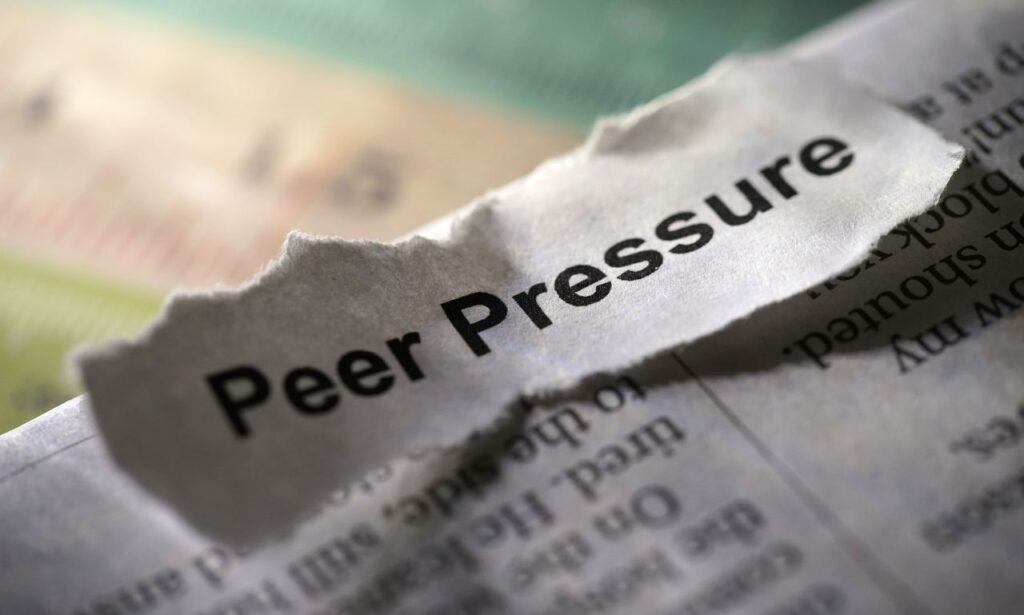
Peer pressure, a pervasive influence in the lives of teenagers, manifests in various ways and can significantly impact their mental health. Particularly for teenage girls, it can become a potent force that shapes their self-identity, self-esteem, and overall emotional well-being. Understanding how peer pressure affects teenage girls is essential to help them cope better with its negative effects, such as increased anxiety and depression.
The Nature Of Peer Pressure
Peer pressure is a social influence that encourages an individual to act in a certain way or adopt certain behaviors. It is often associated with negative consequences when it leads to underage drinking, drug use, and other risky behavior. However, peer pressure can also be beneficial when it encourages positive behaviors or activities.
Regardless of the form in which it takes place, teenage girls are especially vulnerable to its effects due to their lack of experience and desire to fit in and gain peer acceptance. As such, they often succumb to the pressures of their peers, leading to feelings of anxiety and depression.
The Impact Of Peer Pressure On Mental Health

The susceptibility of teenage girls to peer pressure significantly contributes to the development of anxiety and depression. As they strive to conform to societal expectations and norms imposed by their peer group, they may experience heightened stress levels, leading to pressure. This is especially true when these expectations conflict with their personal beliefs or capabilities, causing them to feel inadequate, anxious, and overwhelmed. Furthermore, the fear of rejection or criticism can exacerbate these feelings, as girls may constantly worry about their perception by others.
Depression, however, often stems from the negative self-perception that arises from failed attempts to meet peer standards. Being unable to live up to these expectations can result in feelings of worthlessness, self-doubt, and extreme sadness. Over time, these negative emotions can manifest into depression. Additionally, the isolation resulting from perceived exclusion or ostracism by the peer group can intensify feelings of loneliness and despair, further deepening the depression. Understanding these potential effects is critical to better support teenage girls in navigating these challenging years.
Strategies To Help Reduce The Impact Of Peer Pressure
Several strategies can help reduce the impact of peer pressure on teenage girls. First and foremost, parents and other adults should be aware of the reality and extent to which peer pressure affects adolescent girls. This is essential for providing the necessary support and guidance when needed. Additionally, it’s important to help teenage girls become aware of their self-worth, regardless of what others may think or expect from them.
Teaching teenage girls how to recognize and manage peer pressure when it arises can also be beneficial. This involves teaching them effective communication skills, such as assertiveness and empathy so that they can navigate difficult social situations. Additionally, to help protect them from the risks associated with peer pressure, parents and other adults need to be involved in their lives. Finally, creating a safe space where teenage girls can express their feelings and share their experiences can provide much-needed assurance and support during this development stage.
Final Thoughts
Dr. Evelyn Llewellyn understands that peer pressure has significant implications on the mental health of teenage girls and that it should be taken seriously. With the right resources and support, teenage girls can better navigate this difficult period and emerge with a healthier sense of self-esteem and understanding of their worth. By providing effective guidance and support, we can help teenage girls to gain more confidence in themselves and recognize peer pressure for what it is.